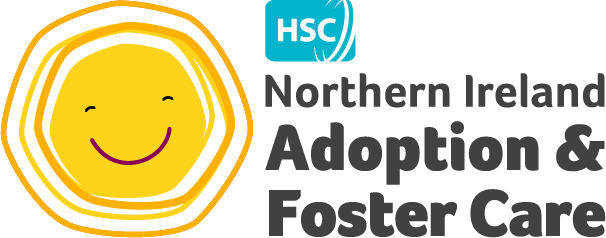Click on the links below to read about some of our foster carers and supported lodgings/STAY hosts who are currently caring for young refugees. You can also read some stories from our other foster carers here.
To find out more about caring for young refugees call us on 0800 0720 137, fill out our online enquiry form or email your contact details to: hello@adoptionandfostercare.hscni.net
